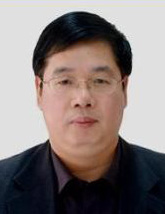
Huadong Ma (Vice Chair, Beijing University of Posts and Telecommunications)
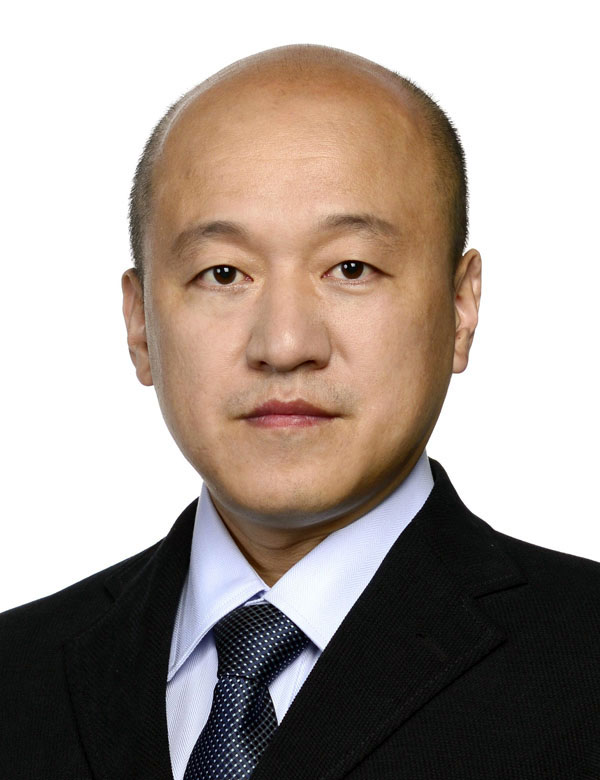
Xinbing Wang (Shanghai Jiao Tong University)
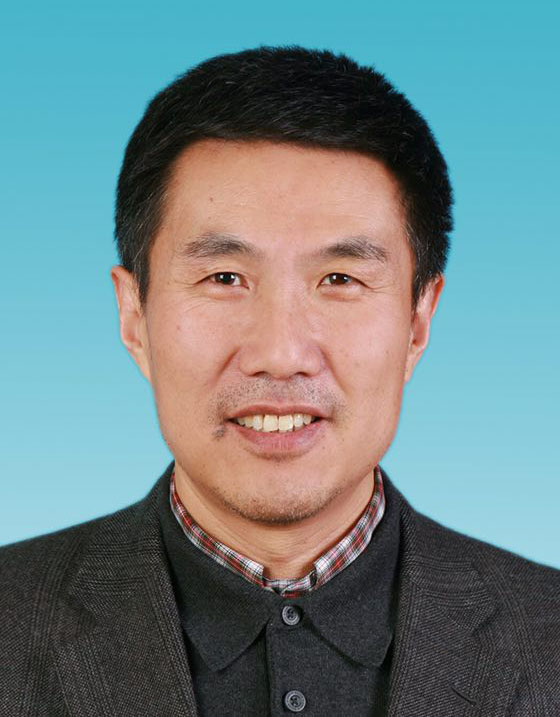
Xiangyang Li (University of Science and Technology of China)
2018-05-19 (Day 1): Conference Room 3#
14:00-15:00 60’ |
Keynote Speech 1: Cyber-Human Partnerships - Engineering the Smart Fabric of IoT, People, and Systems Professor Schahram Dustdar (TU Wien, Austria) |
15:00-16:00 60’ |
Keynote Speech 2: 4G/5G Mobile Networked Systems in the Age of Data and AI Professor Songwu Lu (UCLA) |
16:00-16:30 30’ |
Coffee break |
16:30-17:30 60’ |
Keynote Speech 3: Physical-Level Cross-Technology-Communication Professor Tian He (Univ. of Minnesota) |
2017-05-20 (Day 2): Conference Room 3#
14:00-15:00 60’ |
Keynote Speech 1: Learning Towards Better Privacy Professor Baochun Li (Univ. of Toronto) |
15:00-16:00 60’ |
Keynote Speech 2: Knowledge Centric Networking: Challenges and Opportunities Professor Dapeng Oliver Wu (Univ. of Florida) |
16:00-16:30 30’ |
Coffee break |
16:30-17:30 60’ |
Keynote Speech 3: Towards the New Platform for Urban Big Data Processing Professor Minyi Guo (Shanghai Jiao Tong University) |
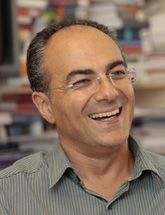 |
Schahram Dustdar Abstrct: This talk explores one of the most relevant challenges for a decade to come, i.e., how to integrate people, software services, and things with their data, into one novel resilient ecosystem, which can be modeled, programmed, and deployed on a large scale in an elastic way. This novel paradigm has major consequences on how we view, build, design, and deploy ultra-large scale distributed systems and establishes a novel foundation for an “architecure of value” driven Smart City. |
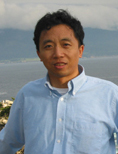 |
Songwu Lu Abstract: In this talk, I will share our recent experiences of applyingAI and data science techniques to renovate the 4G/5G mobile networksystems. I will also present some open challenges and possible directions. |
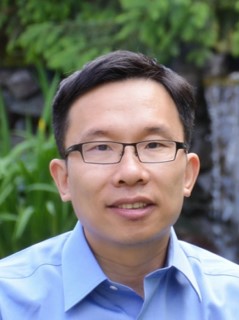 |
Tian He Abstract: Recent advances in Cross-Technology Communication (CTC) have improved efficient coexistence and collaboration among heterogeneous wireless devices (e.g., WiFi, ZigBee, and Bluetooth) operating in the same ISM band. However, until now the effectiveness of existing CTCs, which rely on packet-level modulation, is limited due to their low throughput (e.g., tens of bps). This talk introduces our recent breakthrough towards high- throughput CTC via physical-level emulation. Our technique uses a high-speed wireless radio (e.g., WiFi OFDM and LTE) to emulate the desired signals of a low-power radio (e.g., ZigBee and BLE) without any hardware and firmware modification - a feature allowing zero-cost fast deployment on existing WiFi infrastructure. Specifically, this talk presents our recent advances in CTC including WEBee, BLUEBee, and LTEBee. These techniques achieve over 10,000x speed improvement over the start of the art. The talk will conclude with the discussion on multiple research frontiers enabled by the PHY CTC capability. |
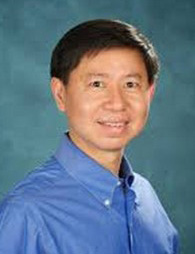 |
Baochun Li Abstract: Accuracy and privacy pose as a pair of contradictory requirements in machine learning frameworks -- stricter privacy guarantee is always achieved with degraded learning accuracy -- and such degradation is even worse with deep learning. We found the fundamental cause is that a loose characterization of utility and privacy leads to over-distortion of the model. By recognizing the accuracy-privacy tradeoff as a utility maximization problem subject to a set of privacy constraints, we lower-bounds the distortion, and significantly improves the learning accuracy as compared to the state-of-the-art under the same privacy guarantee. |
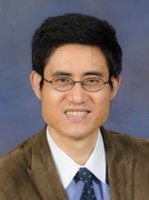 |
Dapeng Oliver Wu Abstract:
In the creation of a smart future information society, Internet of Things (IoT) and Content Centric Networking (CCN) break two key barriers for both the front-end sensing and back-end networking. However, we still observe the missing piece of the research that dominates the current design, i.e., lacking of the knowledge penetrated into both sensing and networking to glue them holistically. In this talk, I will introduce and discuss a new networking paradigm, called Knowledge Centric Networking (KCN), as a promising solution. The key insight of KCN is to leverage emerging machine learning or deep learning techniques to create knowledge for networking system designs, and extract knowledge from collected data to facilitate enhanced system intelligence and interactivity, improved quality of service, communication with better controllability, and lower cost. This talk presents the KCN design rationale, the KCN benefits and also the potential research opportunities. |
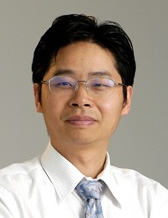 |
Minyi Guo Abstract: Nowadays, sensing technologies and large-scale computing infrastructures have produced a variety of big data in urban spaces, e.g. human mobility, air quality, traffic patterns, and geographical data. The big data implies rich knowledge about a city and can help tackle these challenges when used correctly. That is, holistic urban big dataplays the key role in smart city constructions. However, processing urban big data needs the specific computing engine different with traditional one such as Hadoop and Spark, because the sensing and knowledge representation are more complicated than domain-specific big data. In this talk, we will give some properties for processing urban big data and introduce a new platform for processing and analyzing urban big data. Then we discuss how the collaborative computing bridges the data and computation in the cyber space and the environment, systems, people and things in the physical world. |

Huadong Ma (Vice Chair, Beijing University of Posts and Telecommunications)

Xinbing Wang (Shanghai Jiao Tong University)

Xiangyang Li (University of Science and Technology of China)